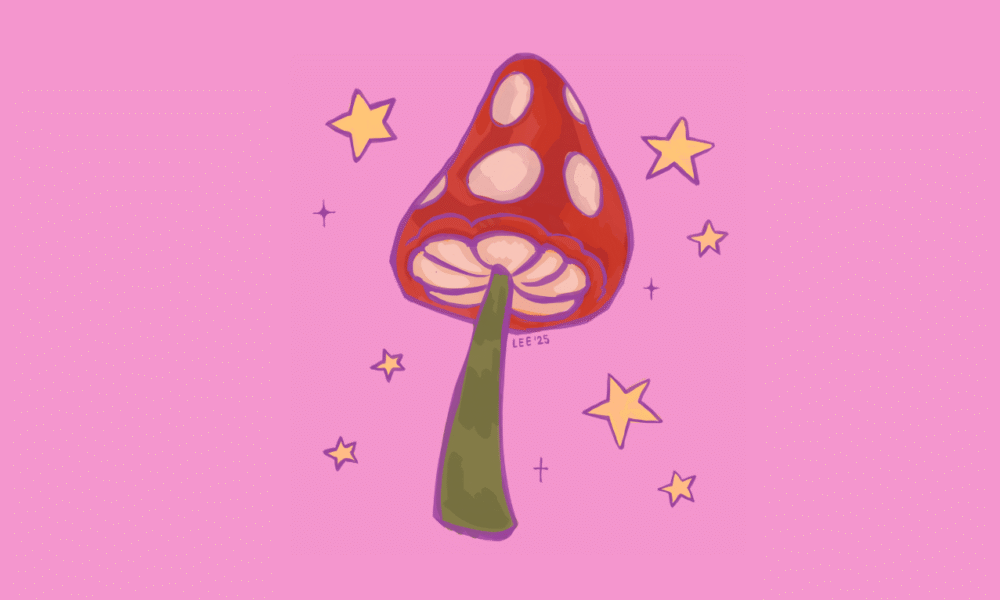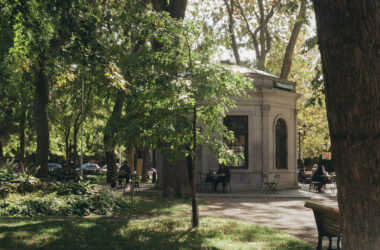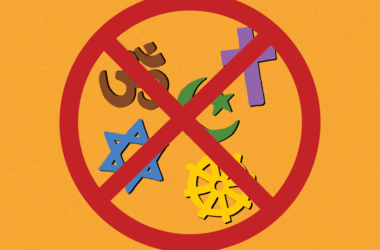Psilocybin mushrooms, colloquially known as ‘magic’ mushrooms or ‘shrooms,’ contain a psychedelic compound—either psilocybin or psilocin—and are considered Schedule 3 substances under Canada’s Controlled Drugs and Substances Act, alongside lysergic acid diethylamide (LSD) and ketamine. The cultivation and distribution of all Schedule 3 substances, unless prescribed by Health Canada, are punishable with up to ten years of jail time. The Tribune explains how these legal constraints on ‘shrooms’ play out in Montreal.
Is taking ‘shrooms’ illegal?
Yes, possession or consumption of psilocybin is illegal everywhere in Canada, unless you have an exemption from the government for the purpose of performing clinical trials with ‘magic’ mushrooms. Possessing ‘shrooms’ is punishable with a $1,000 CAD fine and up to three years jail time, while their production holds a penalty of ten years in prison.
Former Mayor of Montreal Valérie Plante has advocated for the decriminalization of simple drug possession and personal use of Schedule 3 substances, including ‘magic’ mushrooms, since 2017. Still, the Service de police de la ville de Montreal (SPVM) has continued to pursue charges in both instances, with Plante telling the Canadian Broadcasting Corporation that the SPVM “will continue to enforce the law,” despite her cabinet’s stance.
What constitutes a charge?
A first-time offence of possession of less than 200 grams of ‘shrooms’ is typically considered a misdemeanour and is punishable by a $1,000 CAD fine, jail time of up to a year, probation, or legally mandated enrollment in a drug treatment program. Charges can only be filed if the prosecutor can prove the defendant had prior knowledge and control of the drug’s whereabouts.
Possession with intent to distribute, sell, or traffic ‘magic’ mushrooms is a felony which can be met with a fine from $10,000 CAD to $1 million CAD and a possible prison sentence of twenty years. Charges can be further escalated if offenders have prior criminal records, and based on the location of the offence: For example, a dispensary operating near a middle or high school can receive harsher penalties than one in a business district.
What about magic mushroom dispensaries?
Storefronts often avoid police scrutiny by marketing themselves as wellness or medical clinics instead of dispensaries, and sometimes sell journals and other therapeutic tools alongside ‘magic’ mushrooms. Storefront dispensaries can also sell growing kits by claiming that their product is for non-psychedelic purposes, such as educational, agricultural, or cooking uses.
Many dispensaries operate online to avoid pressure from the SPVM to shut down. This allows them to doubly protect their employees and buyers, who may otherwise run the risk of being arrested during police raids of in-person stores.
Which dispensaries get raided?
It is unclear how and why specific dispensaries in Montreal are targeted, while others operate freely. Funguyz, a franchise dispensary with several locations across Montreal and Toronto, has been raided several times by police in both provinces.
Their first Montreal location was opened and raided on July 11, 2023, with the SPVM seizing its merchandise and making four arrests. The location reopened a week later and was again raided on July 21, coupled with simultaneous searches of the apartment above the store and at another location on the island.
On Aug. 3, the SPVM conducted a third raid, making one more arrest and seizing four bulk kilograms, 753 grams of edible products, and 1,643 tablets of psilocybin. All those arrested were employees of the chain and faced varying charges of trafficking and possession.
The frequent raids led FunGuyz to announce in November 2024 that their business was moving entirely online. Despite this, some storefronts have continued to service customers in person.









